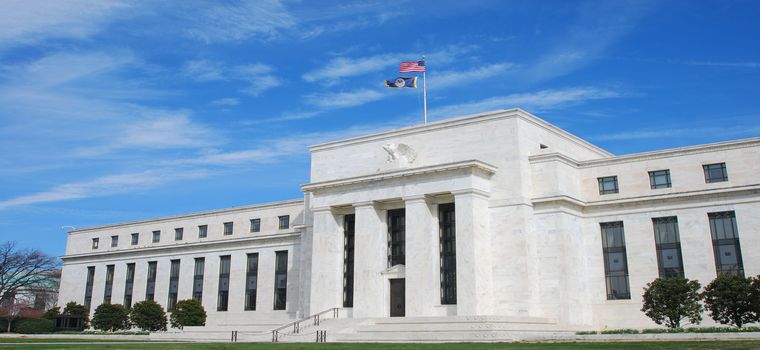Why the Federal Reserve is getting worried about Tether

Rather than attack traditional cryptocurrencies over their volatility like the vast majority of crypto critics, the Federal Reserve is placing focus on their seemingly boring and safe counterparts: stablecoins. Yahoo Finance‘s Zack Guzman writes.
Tether, the king of stablecoins, has just 5% of collateral in cash
Tether (USDT/USD), whose market cap exceeds $60 billion, was shown to hold just 5% of its collateral in cash after a settlement with the New York Attorney General’s office. The brunt of its portfolio is in short-term corporate debt and commercial paper, making it similar to a risky money market fund.
According to Boston Fed President Eric Rosengren told Yahoo Finance, these funds have presented major issues throughout historic recessions.
“I do worry that the stablecoin market that is currently pretty much unregulated, as it grows and becomes a more important sector of our economy, that we need to take seriously what happens if people run from these type of instruments very quickly. Just like the money market funds caused a bad disruption in credit markets, I think a future financial stability problem could be occurring if we don’t start thinking carefully about what happens to things like stablecoins next time we have a market difficulty.”
History repeating itself?
Investors were quick to panic in 2008, maniacally withdrawing their money from one of the biggest money market funds. Customers withdrew almost 70% of the Lehman fund in fear of it going bust in just 24 hours.
According to Rosengren, Tether is even riskier than your average money market fund. Regulated funds wouldn’t hold assets like precious metals and longer term corporate debt. Tether’s rapid growth has made it one of the biggest single commercial paper holders, presenting a never before seen risk to the financial system.
Crypto expert Caitlin Long, who moved into the world of digital coins after over two decades on Wall Street, believes more efforts must be made to regulate Tether and other stablecoins. She told Yahoo Finance:
“I can’t think of another example when the Federal Reserve mentioned a company as a potential systemic risk before there was actually any risk that actually happened,”
On Tether’s side, there is assurance of portfolio diversification. However, the experts interviewed find the all-pervasive market uncertainty and the unclear role of unregulated crypto lending platforms, which influence the market a great deal, pose risks reminiscent of the 2008 downturn.



